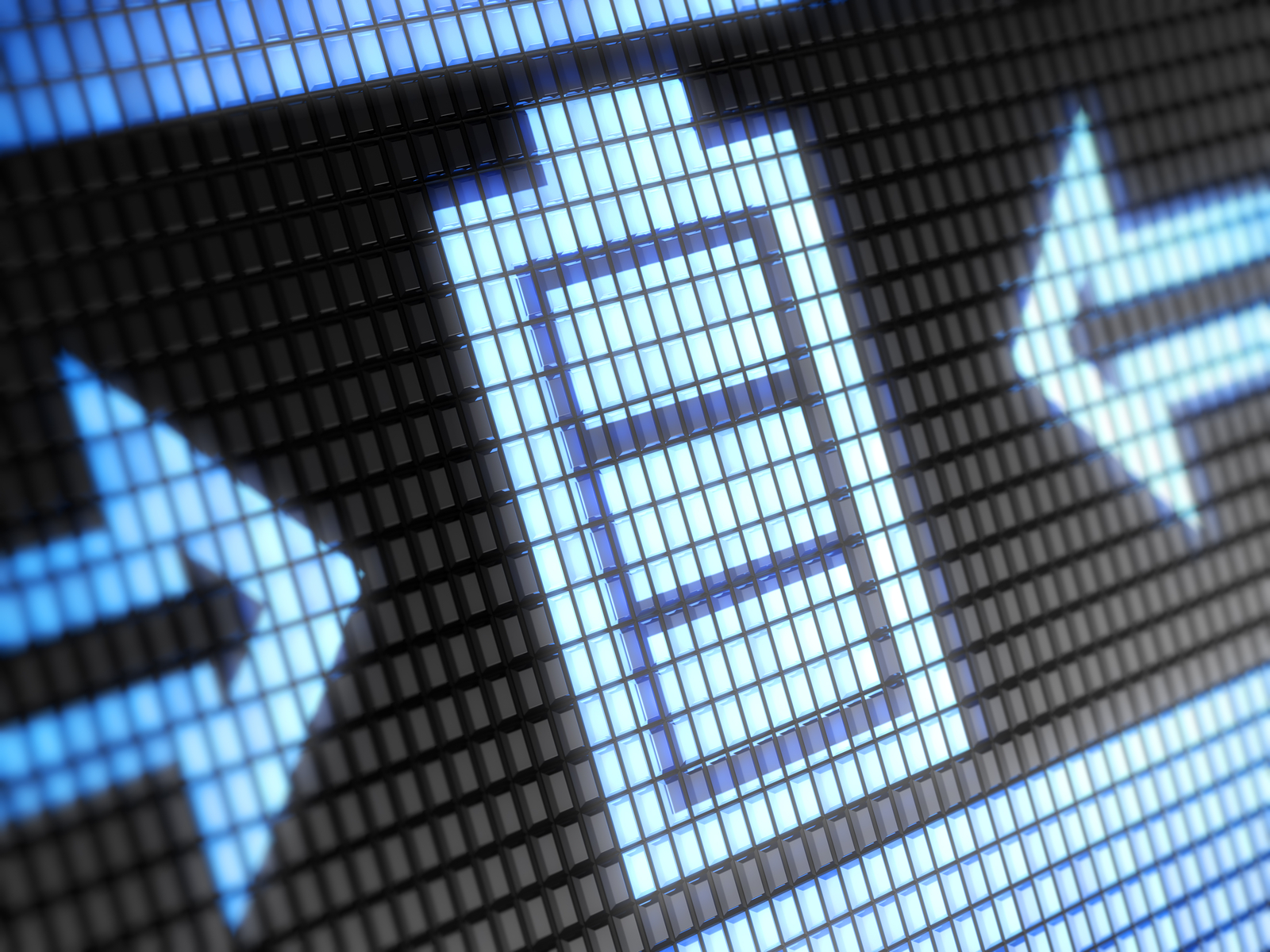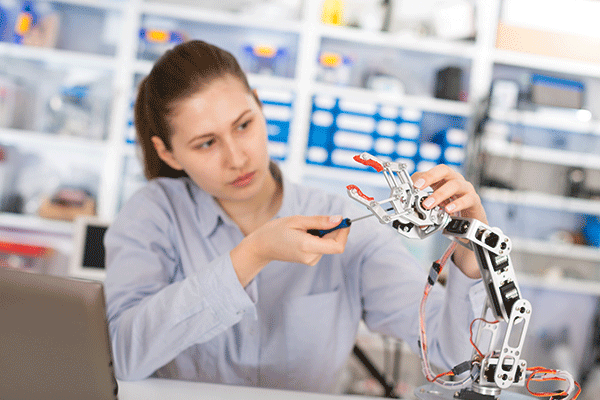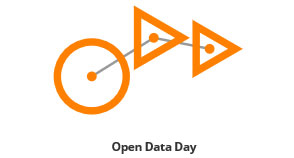 Taking a detailed look inside energy storage systems could help solve potential issues before they arise. A team of researchers from Brookhaven National Laboratory are doing just that by imaging the inner workings of a sodium-metal sulfide battery, leading them to understand the cause of degraded performance.
Taking a detailed look inside energy storage systems could help solve potential issues before they arise. A team of researchers from Brookhaven National Laboratory are doing just that by imaging the inner workings of a sodium-metal sulfide battery, leading them to understand the cause of degraded performance.
“We discovered that the loss in battery capacity is largely the result of sodium ions entering and leaving iron sulfide—the battery electrode material we studied—during the first charge/discharge cycle,” says Jun Wang, co-author of the study. “The electrochemical reactions involved cause irreversible changes in the microstructure and chemical composition of iron sulfide, which has a high theoretical energy density. By identifying the underlying mechanism limiting its performance, we seek to improve its real energy density.”
Performance degradation in charge/discharge cycles has been the main problem researchers encounter when pursuing sodium-ion battery research. While the battery’s performance points to degradation issues, not much was previously known about what caused this degradation.


 As millions of students of all ages return to school this fall, they are making important choices that have a strong influence on their eventual career path – which college majors to pursue, which high school classes to take, even which elementary school extracurricular activities to join. Many of them – especially women, girls and members of minority groups – make choices that lead them away from professions in the fields of science, technology, engineering and mathematics (STEM).
As millions of students of all ages return to school this fall, they are making important choices that have a strong influence on their eventual career path – which college majors to pursue, which high school classes to take, even which elementary school extracurricular activities to join. Many of them – especially women, girls and members of minority groups – make choices that lead them away from professions in the fields of science, technology, engineering and mathematics (STEM). The advent of the Internet of Things suggests the potential for broad dissemination of information through a world of networked systems. An aspect of this paradigm is reflected in the concept of Smart Sensors Systems previously described in Interface: Complete self-contained sensor systems that include multi-parameter sensing, data logging, processing and analysis, self-contained power, and an ability to transmit or display information.
The advent of the Internet of Things suggests the potential for broad dissemination of information through a world of networked systems. An aspect of this paradigm is reflected in the concept of Smart Sensors Systems previously described in Interface: Complete self-contained sensor systems that include multi-parameter sensing, data logging, processing and analysis, self-contained power, and an ability to transmit or display information. Imagine if you could gas up your GM car only at GM gas stations. Or if you had to find a gas station servicing cars made from 2005 to 2012 to fill up your 2011 vehicle. It would be inconvenient and frustrating, right? This is the problem electric vehicle owners face every day when trying to recharge their cars. The industry’s failure, so far, to create a universal charging system demonstrates why setting standards is so important – and so difficult.
Imagine if you could gas up your GM car only at GM gas stations. Or if you had to find a gas station servicing cars made from 2005 to 2012 to fill up your 2011 vehicle. It would be inconvenient and frustrating, right? This is the problem electric vehicle owners face every day when trying to recharge their cars. The industry’s failure, so far, to create a universal charging system demonstrates why setting standards is so important – and so difficult.
 A team of researchers from Texas A&M University is looking to take the negative impact of excessive levels of carbon dioxide in the atmosphere and turn it into a positive with renewable hydrocarbon fuels.
A team of researchers from Texas A&M University is looking to take the negative impact of excessive levels of carbon dioxide in the atmosphere and turn it into a positive with renewable hydrocarbon fuels. Sometimes the biggest advancements are the smallest in size.
Sometimes the biggest advancements are the smallest in size. On March 4, 2017, ECS will be celebrating
On March 4, 2017, ECS will be celebrating 